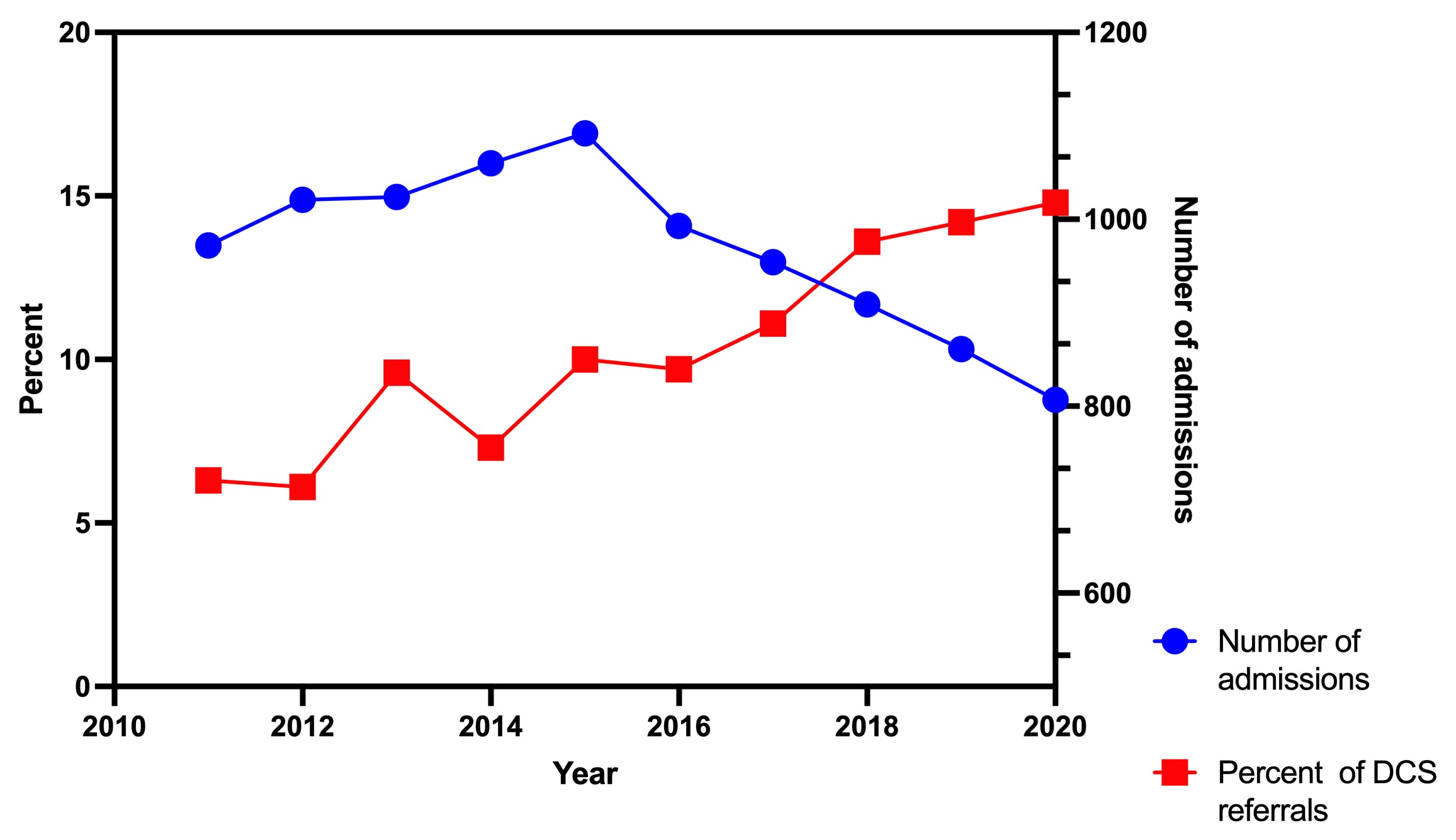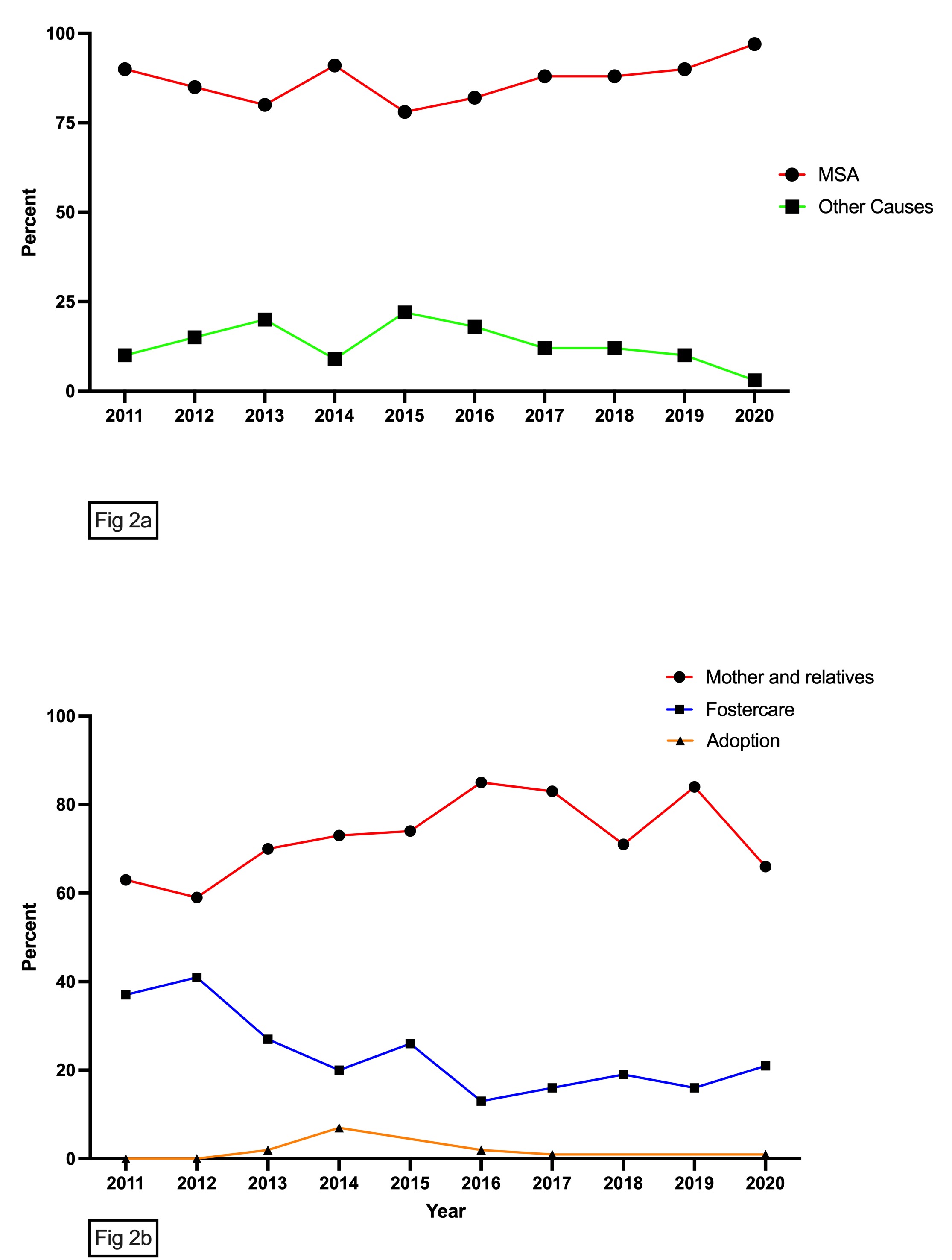Health Equity/Social Determinants of Health 2
Session: Health Equity/Social Determinants of Health 2
416 - Discharge Placement Outcomes of Infants Born to Mothers with Substance Use in a Level III Neonatal Intensive Care Unit.
Saturday, April 26, 2025
2:30pm - 4:45pm HST
Publication Number: 416.4554
Sandeep k. chilakala, University of Tennessee Health Science Center College of Medicine, Germantown, TN, United States; Divya Rana, UTHSC, Memphis, TN, United States; Ramasubbareddy Dhanireddy, University of Tennessee Health Science Center College of Medicine, Memphis, TN, United States
- DR
Divya Rana, MD (she/her/hers)
Associate Professor
UTHSC
University of Tennessee Health Science Center
Memphis, Tennessee, United States
Presenting Author(s)
Background: Substance use disorders in pregnancy are common and are linked to adverse obstetric and neonatal outcomes, including child maltreatment and neglect. The most used substances are tobacco, alcohol, and marijuana, followed by cocaine and opioids. Various factors in these mothers limit their ability to provide a stable, nurturing environment post-discharge. Laws mandate hospitals to identify substance-exposed newborns and refer them to child safety departments (DCS). Every infant admitted to the NICU is followed by a social worker, with those exposed to maternal substance use appropriately referred to DCS. Babies born to mothers with substance use are more likely to enter foster care. An estimated 50%-80% of foster children are from households with at least one substance-using parent.
Objective: To evaluate trends of referrals to DCS of infants admitted to a level III NICU with ~80% African American infant population and examine the placement outcomes. We hypothesized that infants born to mothers with substance use are more frequently placed in foster care.
Design/Methods: All infants admitted to NICU between January 2011 until December 2020 were identified. Medical and Social work referral records of these infants were reviewed retrospectively. Indications for DCS rereferral and placement of infant at discharge were identified and reviewed.
Results: Of 9,693 infants admitted to NICU,1000 (10.3%) were DCS referrals. There is an increasing trend of DCS referrals during the study period. (Fig. 1). 868(86.8%) of the DCS referrals were due to maternal substance use and remaining were due to other causes including rape, homelessness etc. (Fig. 2a). During the study period, Infants whose mothers were referred for substance use, (72%) were discharged home with their mothers or relatives, while 20.5% went to foster care and 1% were adopted (Fig. 2b).Foster care placement during the first During the first 5 years of study 2011–2015, was 30.8 % (151/490 babies) compared to 17.9 %(85/474) during the second 5-year period (2016-2020), a significant decrease (p < 0.001).
Conclusion(s): Most of the referrals to DCS are due to maternal substance use. Majority of the infants referred to DCS for maternal substance use go home with mother or close relative. Foster care placement of the babies for substance use has significantly declined during the latter half of the study period.
Fig 1

Fig2a and Fig 2b


